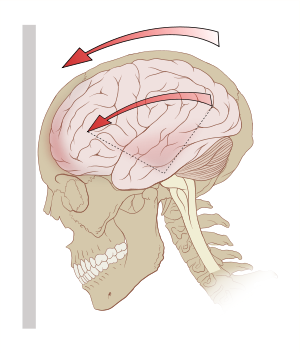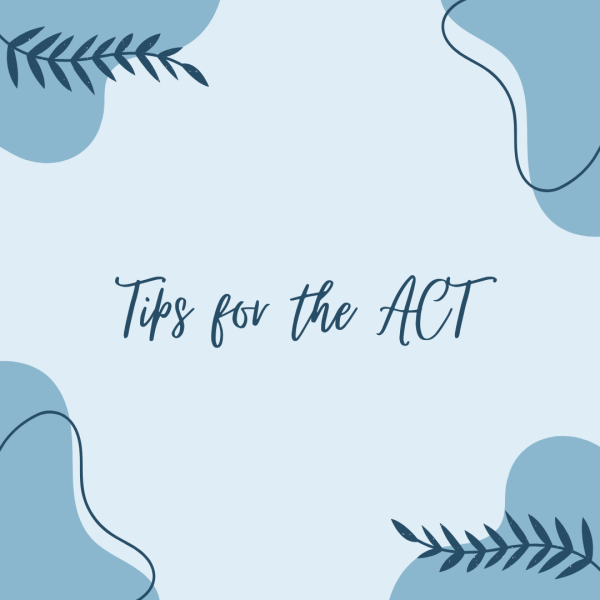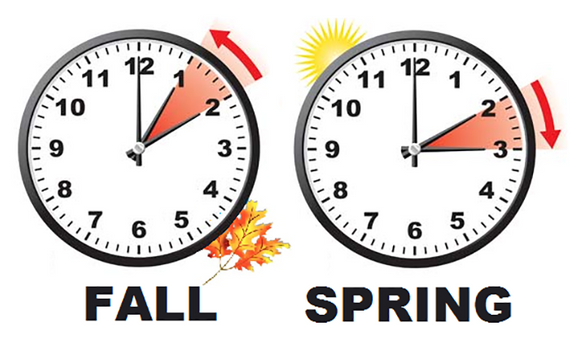Everything You Must Know About Concussions

Concussions are no joke – they are mildly traumatic brain injuries. If you’re ever in a situation where you are unsure whether you have one or not, don’t ignore it. Approximately 3-4 million people have concussions each year, and 50% of those concussions are unreported. So, it’s important that we know the protocols to follow, just in case, because failing to do so will result in negative long-term effects. I’ve recently just been diagnosed with my second concussion within a 3 month time-span – it’s been an interesting journey – so unfortunately, I know the ins and outs. So, without further ado, let’s get to know the signs:
Symptoms to Look Out For Upon Moments of Impact:
- Blurred vision
- Loss of balance
- Mental fogginess
- Trouble with concentration/comprehension
- Feeling of disorientation
- Numbness or tingling
- Confusion
- Irritability
- Mood Swings
- Difficulty answering questions
- Taking longer to respond to questions
- Light sensitivity
- Sound sensitivity
- Persisting migraines/headaches
- Increased sadness/depression
- Increased anxiety and/or panic attacks
- Change in sleeping pattern
- Fatigue
Red Flag Symptoms:
- Loss of consciousness
- Nausea
- Vomiting
- Change in personality
- Neck pain
**NOTE: Not all symptoms appear immediately. Many take time to develop over the course of one to several days.
What You Need to Do
According to my doctor,
- Ice Your Head Immediately
Control the swelling. It will be significantly large.
- Get to the Hospital
While concussions themselves cannot be detected from a CT scans or an MRI, you don’t want to go without knowing you may possibly have a fractured skull. Even if the concussion is mild, it’s better to be safe than sorry. In the meantime, contact your family physician; you’ll probably be referred to a sports-medicine doctor for further diagnosis and testing.
- Don’t. Take. Advil.
Advil is known to encourage bleeding of the brain during concussions. Opt for Tylenol or Aleve instead.
- Rest and Avoid Technology
You don’t want to stimulate your brain. If you had a sprained ankle, you wouldn’t walk on it because it needed to heal. The same goes for your brain. So put down your cell phone, take out those earbuds, click the TV off, and turn out the lights. You should get as much sleep as you can.
- Take Time Off School
Your brain needs time to jump start healing. Immersing yourself around people and schoolwork isn’t going to help you at all, especially with difficulty focusing and remembering what you’ve been taught. Taking a few days off is recommended by doctors and will surely do you good.
- Eat Good Proteins
Making sure you get enough protein is crucial for healing a concussion.
- Have Accommodations Put in Place Immediately Upon Return
If you haven’t met with a sports medicine doctor just yet for a set of school restrictions, you need to speak with the school nurse or guidance counselor to get the message out to your teachers.
In order to properly heal a concussion, you must rest physically and mentally. This means reduced schoolwork, longer time to work on/turn in assignments, less exposure to computer screens and reading, and postponed testing. Even leaving class a few minutes early to avoid noise helps.
Failing to follow accommodations/restrictions will result in a much longer healing process.
- Avoid Exercise
Don’t attempt exercise until given permission to do so by your doctor. Exercise can amplify symptoms and halt adequate healing.
- Attend Regular Doctor Visits Each Week
You’ll probably be given cognitive testing, balance testing, etc. It’s important to keep track of progress with your doctor.
- Avoid Coffee.
Caffeine is a brain stimulant, which is the last thing you need when healing from a concussion. Drink lots of water.
Q&A
So, how long does it take to heal?
It depends on the severity of the concussion. Some can take a week or two, and some can last a few months. The average time it takes to heal a concussion is generally 3-4 weeks. My first concussion took around 2 months, and I was swung at the temple with a metal flagpole during band camp.
Yes, band camp can be violent.
Will you know right away if you have a concussion?
No. For some people they will, and others will not. Symptoms develop over the course of few hours to days. It’s safe to assume you have one even when you are unsure.
What can I do about sound sensitivity in school?
Earplugs. They make a world of a difference for you and for your brain. When the sound of rowdy hallways, cafeteria, classrooms, and loud teachers are beyond ear-piercing, earplugs will take the edge off.
Are all symptoms the same with concussions?
No. Concussions are like snowflakes. Some cause persistent headache/sound sensitivity. Some cause significant balance problems. Some might even spark severe anxiety. No two are the same.
My last concussion caused sound/light sensitivity with headaches, but now my current concussion involves anxiety and occasional panic attacks in addition to that.
Should you be woken up every 2-3 hours if you have a concussion?
That’s actually a myth. Sleep is encouraged; it’s what helps to heal the brain.
Are concussions only caused by severe blows to the heads?
Not at all. From blows to the head, to falls and minor bumps, concussions are more common than you think. Even events that cause violent shaking to the brain, such as car accidents, can cause concussions.
According to WebMD, brains are a soft organ. They are surrounded by spinal fluid and protected by your skull, but once you’re hit, your brain crashes into the skull, resulting in a concussion.
Your donation will support the student journalists of Poland Seminary High School. Your contribution will allow us to purchase equipment and cover our annual website hosting costs.





